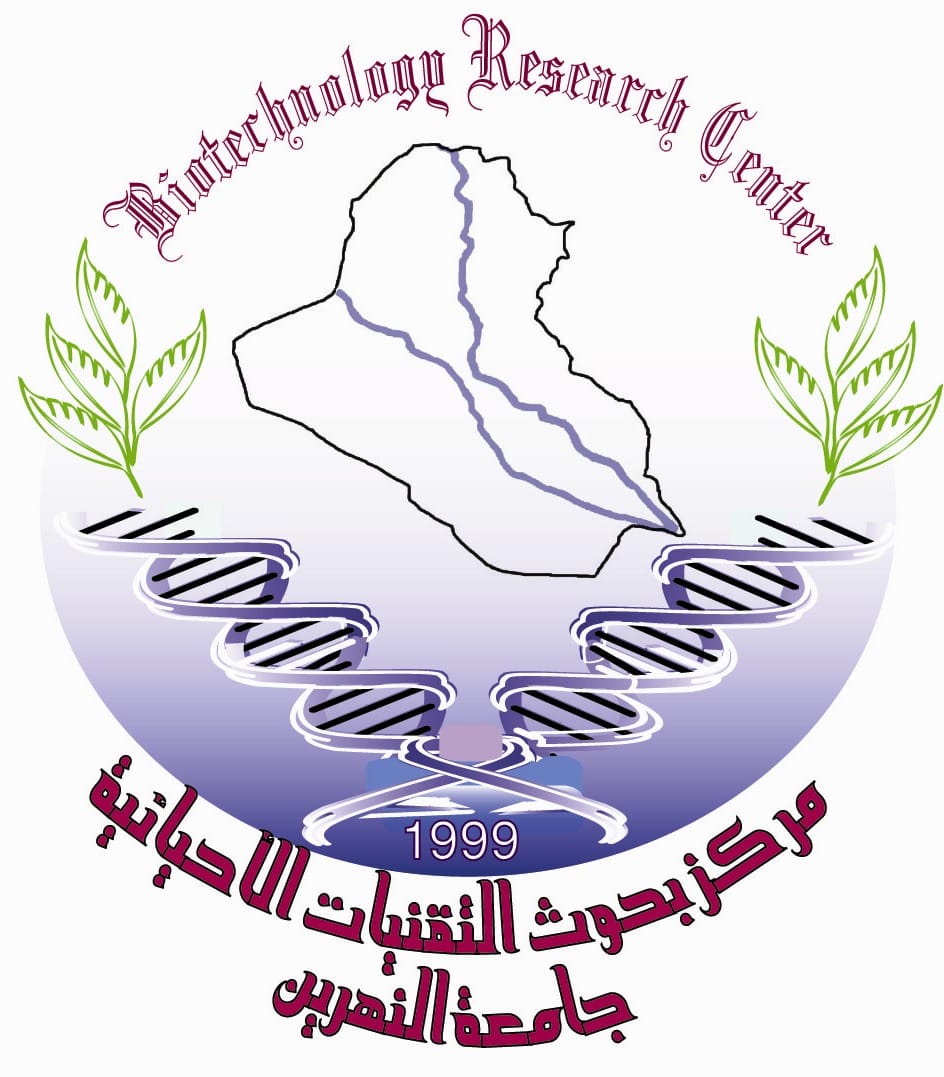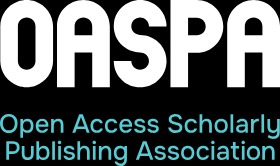Review Article: DNA Methylation in Cancer Immunity
DOI:
https://doi.org/10.24126/jobrc.2024.18.1.806Keywords:
Methylation, immunological, Cancer ImmunityAbstract
Background: The transcriptional control of various cell types, especially in the development or functioning of immune system cells involved in either promoting or inhibiting the immune response against cancer, is significantly influenced by DNA or RNA methylation. Multifaceted interconnections exist between immunological or cancer cell populations in the tumor's microenvironment (TME). TME alters the fluctuating DNA (as well as RNA) methylation sequences in these immunological cells to change their development into pro- or anti-cancer cell categories (such as T cells, which are regulatory, for instance). Objective: This review highlights the impact of DNA and RNA methylation on myeloid and lymphoid cells, unraveling their intricate role in immune response orchestration within both oncological and non-oncological milieus. Deciphering this complex transcriptional regulation holds promise for identifying and demonstrating therapeutic avenues that take advantage of the modulation of DNA and RNA methylation with the goal of alleviating the number of cancer-related morbidity and mortality cases. Conclusion: While more research is required towards fully understanding the effectiveness of epigenetic-based treatments aimed at tumor as well as immune cell populations, there is compelling proof that indicates that they will be successful in slowing the advancement of malignancy as well as lowering cancer-related complications as well fatalities.
Downloads
Published
How to Cite
Issue
Section
Categories
License
Copyright (c) 2024 Istikrar M. Hade, Yasir B. Qaddoori, Rakad M. Kh AL-Jumaily

This work is licensed under a Creative Commons Attribution 4.0 International License.
This is an Open Access article distributed under the terms of the creative commons Attribution (CC BY) 4.0 license which permits unrestricted use, distribution, and reproduction in any medium or format, and to alter, transform, or build upon the material, including for commercial use, providing the original author is credited.











